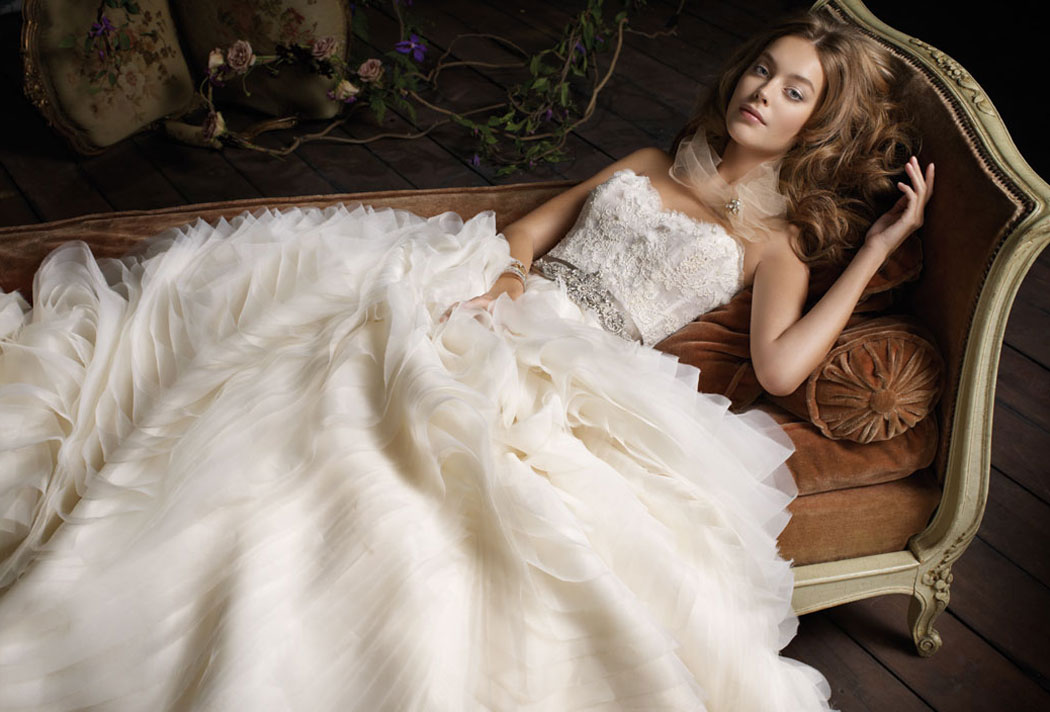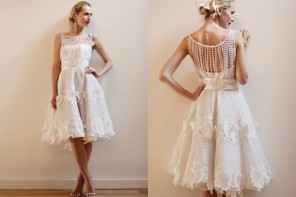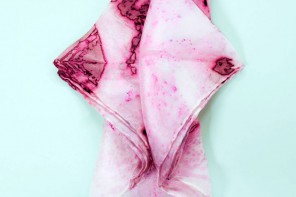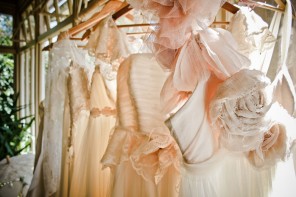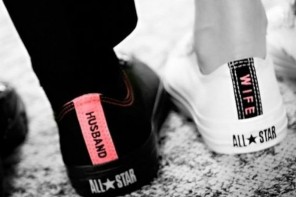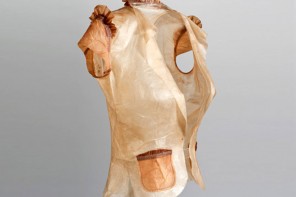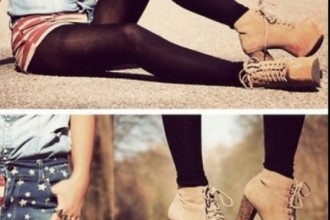Would you wear a wedding dress grown from a mixture of yeast, bacteria and a sugary green tea solution? Well according to a recent post on The Guardian, this may be a trend in the making.
“I think the ability for us to grow our own clothing could have great positive potential,” says Erin Smith, artist in residence at Microsoft Research who brewed her own wedding dress. “Growing clothing from scratch could both eliminate carbon emissions caused by transportation and allow for a garment that can be grown to your precise dimensions and specifications.”
Smith produced her dress using a combination of tree mulch and mycelium – a type of naturally white fungus. The mycelium was bred in a tub of agricultural waste requiring very little added energy. Once the dress had been worn, it could be composted in the garden. She made the decision to grow her own dress because she didn’t want her wedding to be dictated by tradition and to have to wear something that would just sit in her wardrobe after the event.
“The concept behind a grown wedding dress was to take a one-time-use object and rethink its construction in order to have an appropriate material lifespan. The average cost of a wedding dress in the US is roughly $1,200 (£792) and can contain nearly 12 yards (11m) of fabric,” explains Smith, adding that making the fashion chain circular not only brings us closer to the environment but also reflects how needless our consumption habits are: “The wedding dress is a perfect example of a one-time-use, energy intensive and entirely non-sustainable model that is representative of so many of the choices that we make daily.”
Growing clothing is not a new concept, a few months ago we told you about Suzanne Lee, founder of BioCouture, who has been experimenting with the idea of fermenting clothing and has grown a type of vegetable leather from green tea, sugar, bacteria and yeast.
Although there are environmental advantages to this technology, the fact that materials can be biodegraded after use, there are indeed some challenges which include scalability. It took Smith about a week to grow her dress and about two to four weeks to grow your material if you follow Lee’s recipe.
Secondly, results from a straw poll carried out suggest that many people are uncomfortable with the idea of wearing items fashioned from waste.
What do you think, would you be happy to wear a wedding dress made from bacteria?
Source: The Guardian
Image here

